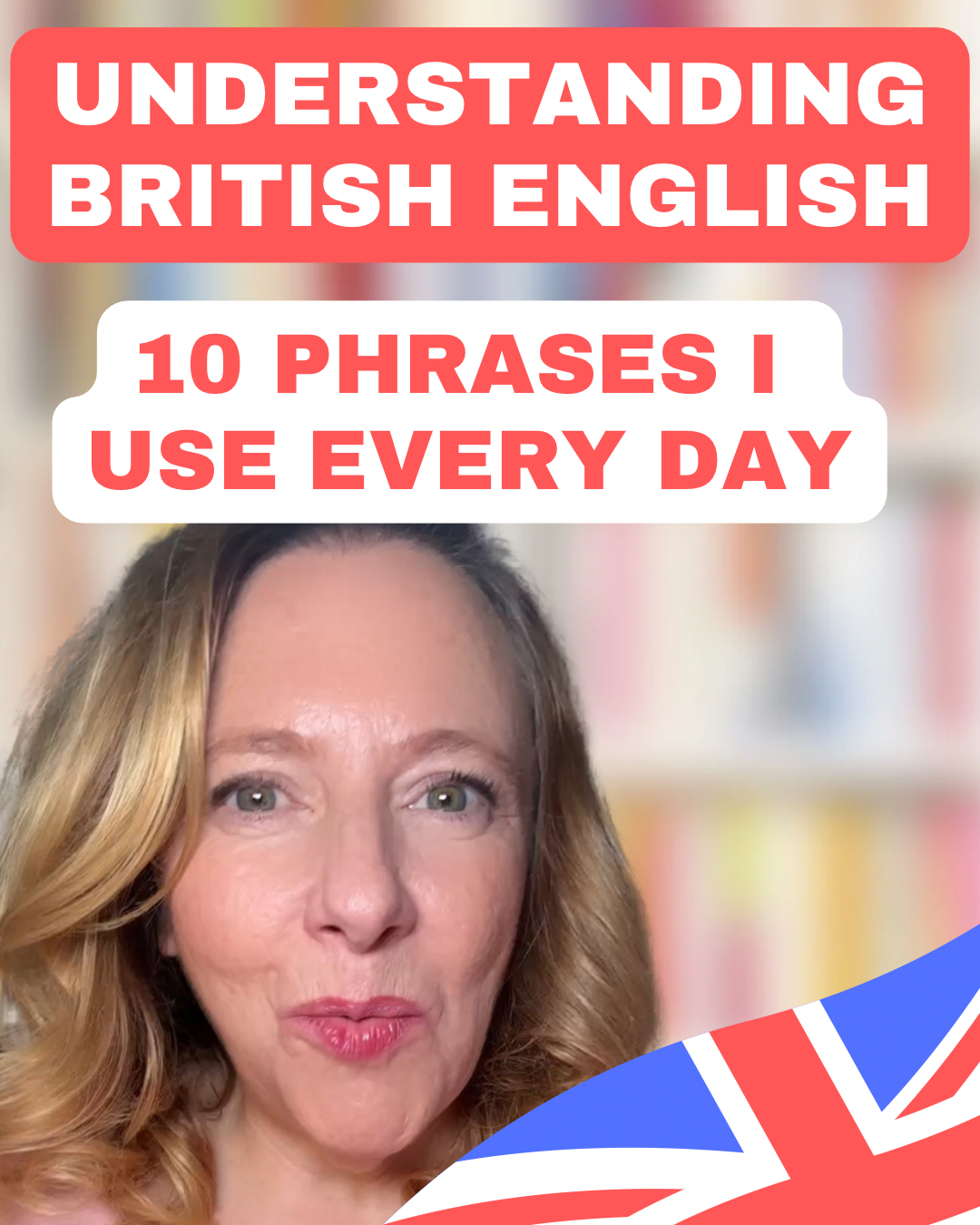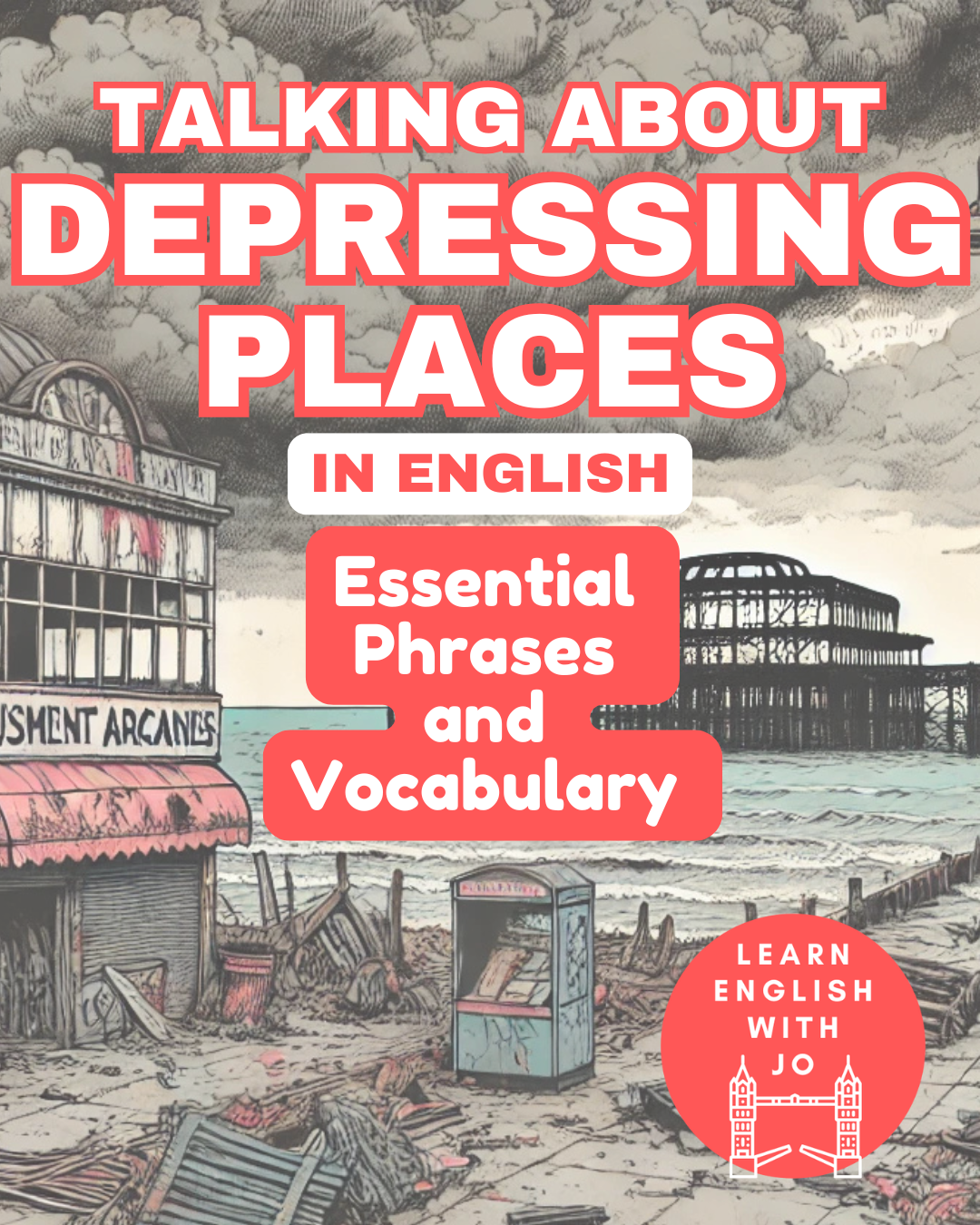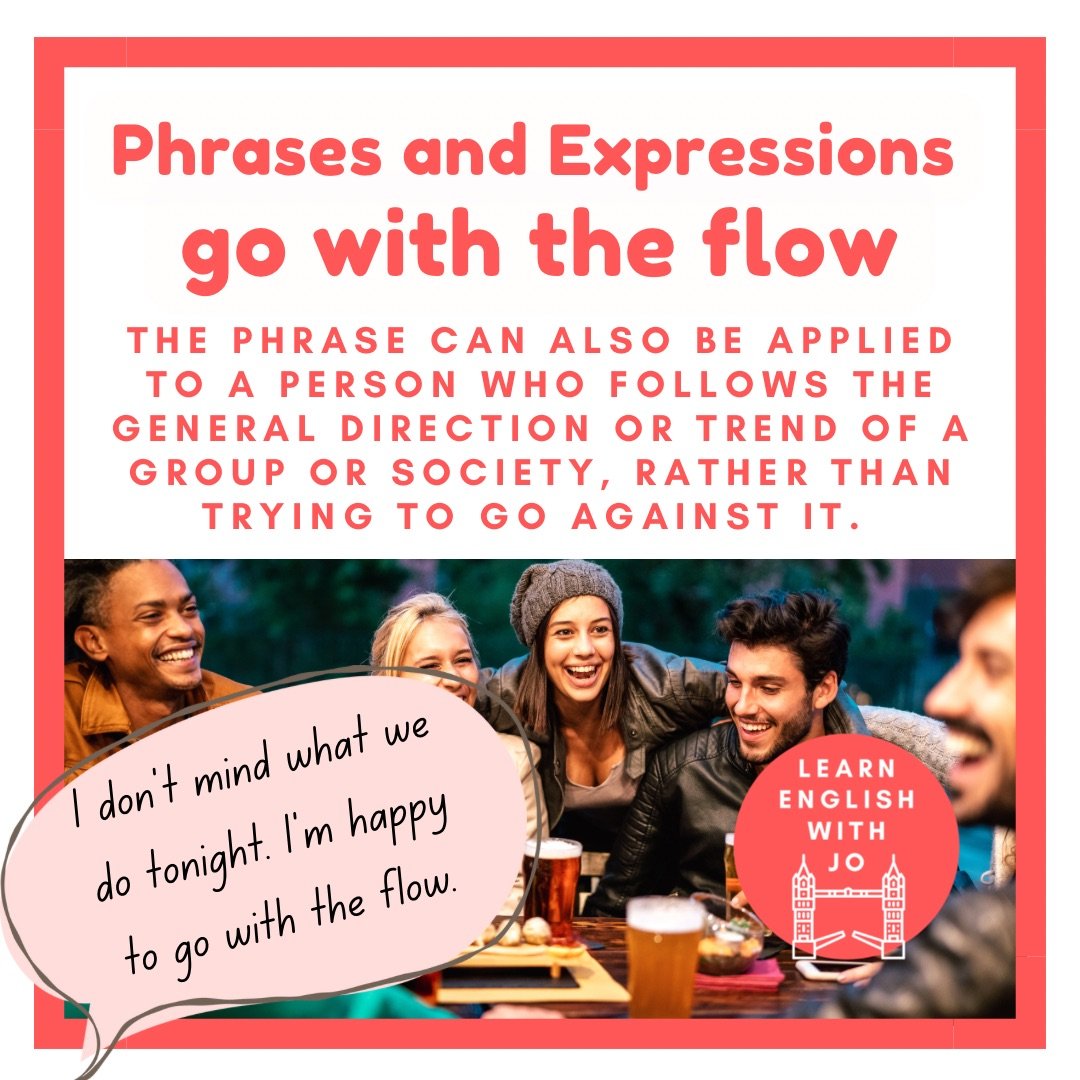Recent Posts

What Does 'Make the Most of Something' Mean in English?
'Make the most of it' is one of those expressions we often use in British English to encourage a positive attitude, especially when the situation isn't perfect. It's about appreciating what you do have, even if it isn’t ideal.
But how do we actually use it in everyday conversation? And what kind of feeling or tone does it carry?
Let’s take a look.

20 Everyday British English Phrases
There’s the English you learn in class, and then there’s the English we actually use in daily life. The kind of language we use when we’re chatting to friends, colleagues, neighbours, or muttering to ourselves while making tea. These are the real, everyday expressions that British people say all the time. And often, they’re vague, non-committal, and deeply cultural.
So, I’ve put together 20 of my favourite phrases. These are all expressions I genuinely use. If you want to sound more natural and understand what’s really going on in conversation, these are a great place to start.

'It is what it is': The most British (and overused) way to accept life
This short phrase has become something of a national catchphrase in the UK. It often appears when something frustrating, disappointing or just downright annoying happens and there’s not much you can do about it.
But I’ll be honest. I’m really not keen on this one. It’s overused. It can come across as defeatist. And more than anything, it often feels like a way to avoid properly engaging with a situation. In this blog we’ll take a look at how it is used in British English.

What Does ‘Fair Enough’ Mean in English?
‘Fair enough’ is one of those little phrases that shows up everywhere in British English. You’ll hear it in everyday conversations, on TV, at work, in shops, and even in meetings. It’s short, polite, and very flexible.
If you’re learning English and want to sound more natural, especially if you're in the UK or speaking with British people, ‘fair enough’ is a great phrase to understand and start using.
Let’s look at what it really means, how it’s used in different situations, and some examples to help you feel confident using it.

10 Everyday British English Expressions That Make You Sound More Friendly
In this post, I want to share 10 everyday British English expressions that can instantly make you sound a little more friendly and warm when you're speaking. These are things I use myself all the time, and they really do help soften your message, build connection, and make conversations feel more natural.

20 English Phrases to Show Empathy.
When someone you care about is going through a tough time, finding the right words in English can feel overwhelming. You want to comfort them, to be there, but it’s hard to know exactly what to say—especially when English isn’t your first language.
So in this post, I’m going to share 20 natural English phrases for showing empathy. These are expressions you can use with friends, colleagues, or anyone who’s having a hard time.

Why Are British People So Hard to Understand? 10 Essential British English Phrases You Need to Know!
Have you ever spoken to a British person and thought to yourself, What on earth are they going on about? You’ve been studying English for years, you know all the grammar, and you have a solid vocabulary, yet when you’re faced with a Brit, you feel completely lost.
In this post, I’ll walk you through some essential British English phrases that will help you understand Brits better—and even start using them yourself.

Advanced English Phrases and Vocabulary for Describing Depressing Places.
When learning English, we often focus on language to talk about and to describe beautiful, charming locations and environments.
However, in the real word we also need the vocabulary to talk about slightly less appealing places; you know, the rather more grim or just downright miserable corners of the world.
So today, I’ve come up with some advanced English vocabulary that you can use when describing places that are frankly, a bit depressing.

English phrases and expressions - go with the flow
The English phrase ‘to go with the flow’ has become a staple in everyday conversation, but have you ever stopped to think about what it actually means? In this blog post, we will explore the meaning and usage of this popular English expression.

English Phrases and Expressions - To put someone on the spot
The English idiomatic expression ‘to put someone on the spot’ means to put someone in an uncomfortable or difficult situation by putting them under sudden pressure to respond, answer, or make a decision. It often creates discomfort, awkwardness or embarrassment for the person being put on the spot.
